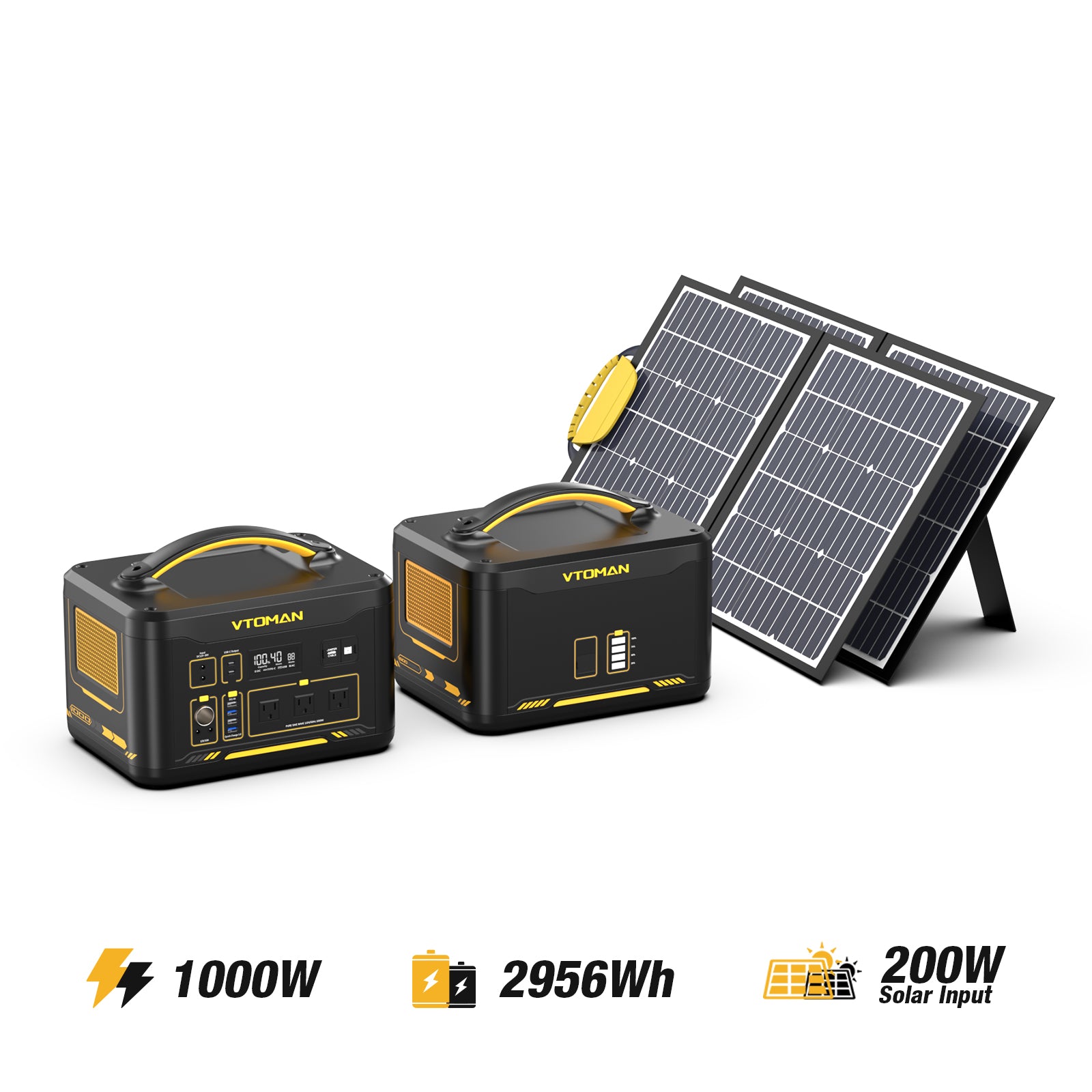When it comes to ensuring uninterrupted power supply during emergencies or off-grid living, a solar generator for home backup is an excellent solution. With the increasing popularity of renewable energy sources, solar generators have become a reliable and eco-friendly alternative to traditional backup power options. In this ultimate guide, we will explore the key factors to consider when choosing the best solar generator for home backup.

Understanding Solar Generators
Solar generators harness the power of the sun to generate electricity. They consist of solar panels, a battery bank, an inverter, and a charge controller. The solar panels capture sunlight and convert it into DC electricity, which is then stored in the battery bank. The inverter converts the DC electricity into AC power, which can be used to run household appliances and devices.
When selecting a solar generator, it is important to consider the capacity of the battery bank. The battery capacity determines how long the generator can provide power without sunlight. For home backup purposes, it is advisable to choose a solar generator with a larger battery capacity to ensure extended power supply during outages.
Factors to Consider
Solar Panel Efficiency
The efficiency of the solar panels is a crucial factor to consider when choosing a solar generator. Higher efficiency panels can generate more electricity from the same amount of sunlight, allowing for faster charging and increased power output. Look for solar generators that use high-efficiency panels to maximize the energy conversion process.
Additionally, consider the size and weight of the solar panels. Portable solar generators are convenient for outdoor activities or emergencies, but they may have smaller panels and lower power output compared to larger, stationary models.
Battery Capacity and Type
The battery capacity determines how much energy the solar generator can store. It is essential to assess your power needs and choose a generator with a battery capacity that can meet those requirements. Consider the appliances and devices you plan to power during an outage and calculate their energy consumption to determine the appropriate battery capacity.
Furthermore, pay attention to the battery type. Lithium-ion batteries are commonly used in solar generators due to their high energy density, longer lifespan, and lighter weight compared to lead-acid batteries. However, they are more expensive. Lead-acid batteries, on the other hand, are more affordable but have a shorter lifespan and lower energy density.
Inverter Power Output
The inverter is responsible for converting the DC electricity stored in the battery bank into AC power. It is crucial to choose a solar generator with an inverter that can handle the power requirements of your household appliances and devices. Consider the wattage of the appliances you plan to run and ensure that the inverter's power output is sufficient.
It is worth noting that some solar generators offer both pure sine wave and modified sine wave inverters. Pure sine wave inverters provide a clean and stable power output, making them suitable for sensitive electronics. Modified sine wave inverters, although more affordable, may cause issues with certain devices.
Portability and Expandability
Depending on your needs, portability and expandability may be important factors to consider. Portable solar generators are lightweight and easy to transport, making them ideal for camping or outdoor activities. However, they may have limited power output and battery capacity.
If you require a solar generator for long-term home backup, consider models that allow for expandability. Some generators offer the option to add additional solar panels or battery banks to increase the overall capacity. This flexibility ensures that your solar generator can adapt to your changing power needs over time.
Conclusion
Choosing the best solar generator for home backup involves considering various factors such as solar panel efficiency, battery capacity and type, inverter power output, and portability. By assessing your power requirements and understanding the capabilities of different solar generators, you can make an informed decision that meets your needs.
Remember to always consult reputable sources and customer reviews when researching solar generators. Here are a few credible sites to explore:







